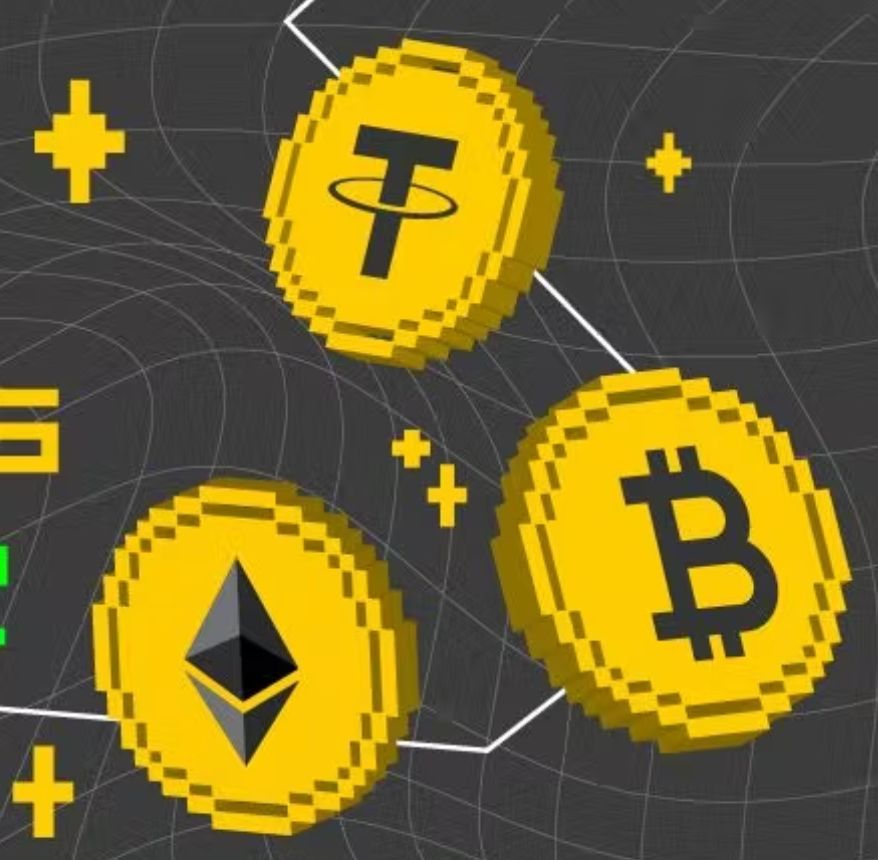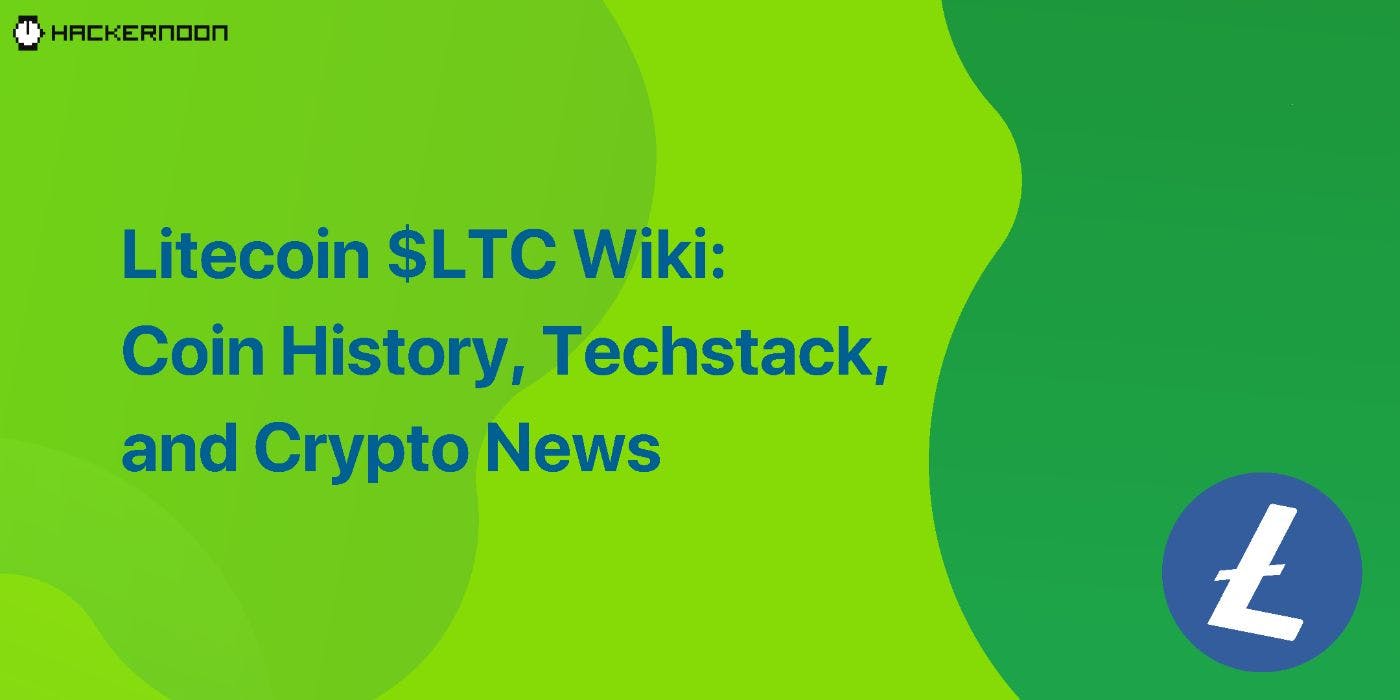This is the official HackerNoon wiki for Litecoin. As part of our coin price pages, this living wiki displays on Litecoin crypto price page. If you’d like to suggest edits to our official Litecoin wiki, please submit them in comment field below, a real human editor will read and review your suggestions for accuracy and publication.
Litecoin is a
History
Litecoin was created in 2011 by Charlie Lee, a Google employee, and became among the very first
Litecoin was released as a Bitcoin fork, on the same exact core but with a few ‘upgrades’ to it. This was because Lee wanted to emulate a similar network, but with faster payments in mind. Litecoin made the block generation time four times faster than bitcoin. Instead of 10 minutes, it takes only 2.5 minutes per block. Litecoin network uses a different consensus mechanism, called “
Due to its more fluid nature, litecoin has been forked severally and has been used as an experiment for other crypto products like atomic swap, Litecoin cash, and Dash among others. Most of the current atomic swaps are thanks to these litecoin experiments that enabled developers to test and advance the technology.
While many altcoins from the period 2011-2013 have now disappeared, Litecoin has remained in the market thanks to some minor modifications compared to Bitcoin, but still useful and well thought out.
In 2018 through its foundation, the Litecoin Foundation, Litecoin acquired a 9.9% stake in German-based WEG Bank AG. The bank has since been developing litecoin products and services. In May 2020, the Litecoin Foundation reached an agreement with Atari to explore new ways to connect
Biggest Claim to Fame
Describing itself as an affordable and ‘better’ Bitcoin gave Litecoin some edge as those who could not fully adopt into the Bitcoin system finally had an alternative to turn to. The price of Litecoin experienced its first bull run in 2017 when the price grew almost 5,800% from around $3 to $355 in that year.
By strategically positioning themselves as a bitcoin alternative, many investors got into Litecoin mainly as a form of diversifying their crypto holdings. It is also notable that whenever Bitcoin had a slump - a scandal or the xlikes, Litecoin capitalized and expanded itself to leverage. The transaction period, ease of making payments, and ability to support other technologies have helped drive litecoin as a somewhat ‘upgraded’ BItcoin.
Biggest Criticism
In 2017, the crypto market was on an upward spiral, with almost every other coin experiencing a bull run, Litecoin wasn’t an exception. LTC increased from around $3 to nearly $355 during those days. At its peak, Charlie Lee made a controversial move by selling his stack of Litecoins. This was received with a lot of criticism, doubt, and insecurity from the crypto community. To the community, it seemed as though Lee was unsure of his own product and he was looking for a way out of it. Lee came out to defend himself saying that he made that decision so that he isn’t financially pegged to the Litecoin ecosystem. He went further to state that it would enable him to make sound decisions for the coin without the influence of wanting to make a profit for himself.
Team
Litecoin is made up of many developers and resource personnel, most of whom prefer to lay low.
Charlie Lee is the Founder/creator of Litecoin. He holds a Bachelor’s and Masters's from MIT in Computer Science and Electrical Engineering. He was working for Google on YouTube, Chrome OS, and Play Games before he left to fully focus on Litecoin. Since joining the crypto sphere he has also been involved in other projects like
Adrian Gallagher has been with the project since its inception in 2011 and has been tirelessly working on maintaining the code of Litecoin since. Adrian grew to become the lead developer of Litecoin, and maintained its core system. He’s fully committed to Litecoin and was the first to be hired as a full-time developer by the Litecoin foundation.
This is the official HackerNoon wiki for Litecoin. As part of our coin price pages, this living wiki displays on Litecoin crypto price page. If you’d like to suggest edits to our official Litecoin wiki, please submit them in comment field below, a real human editor will read and review your suggestions for accuracy and publication.

